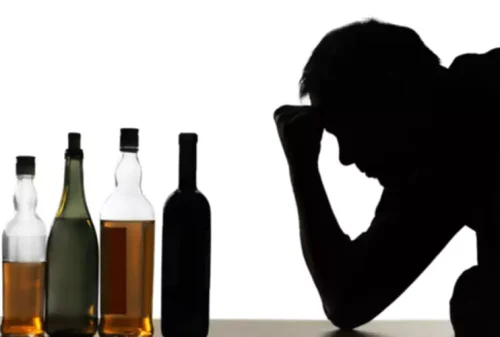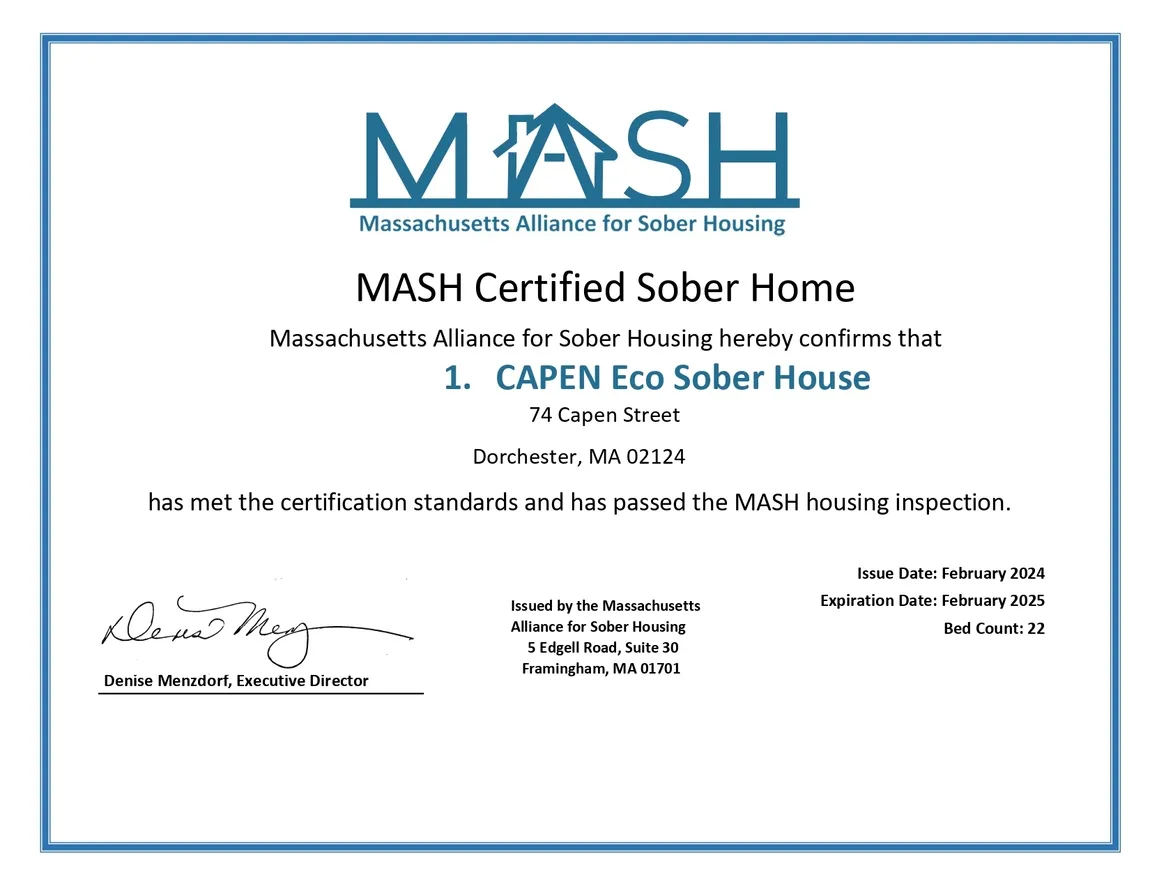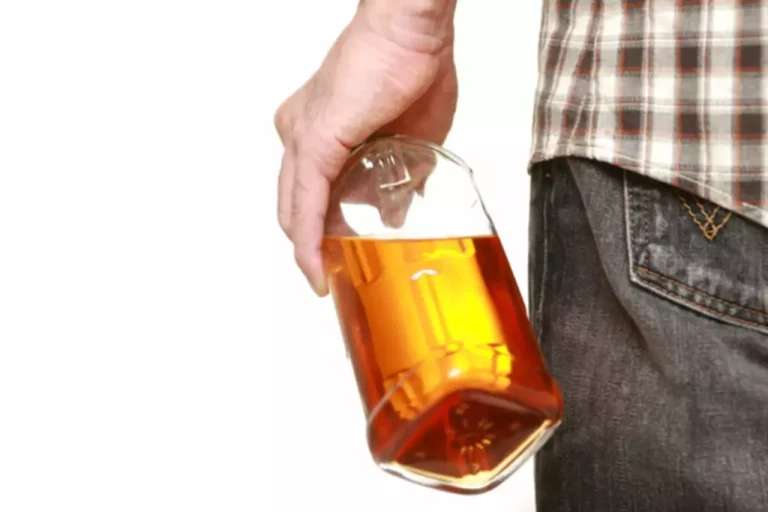
Yes, relapse can be a common and normal part of the recovery process for many individuals struggling with addiction. It’s essential to view relapse as an opportunity for learning and growth rather than a failure. By identifying the triggers and underlying issues that contributed to the relapse, individuals can develop stronger coping mechanisms and strategies to prevent future setbacks. In addition to personal measures for managing relapse, seeking professional help from rehabilitation centers or counselors can be highly beneficial in helping you get through this difficult time.

I would have to somehow fill up my time.
With it also comes resilience; the ability to adapt when things don’t go as planned and keep going despite setbacks or obstacles. Another key way to rebuild your life after losing everything is to cultivate a growth mindset. One of the last things I could recommend in this area is to be willing to seek out therapy to assist in helping you to avoid using when the urges and cravings are at their strongest. There will be times when you feel you need an outside source who will be an additional resource to continue to live a life in recovery. Peer or mutual support is not restricted to AA or NA; it is available through other programs that similarly offer regular group meetings in which members share their experiences and recovery skills.
- Stick with a Sleep ScheduleIt’s no secret that there’s a significant link between addiction and sleep.
- In order to firmly stay on the path of sobriety, make sure you find a working environment that does not alcohol or drug use.
- I could have easily given into my demons of alcohol instead of staving off all the urges and cravings.
- The goal should be small enough that it can be attainable within a reasonable amount of time.
It’s time for a fresh start: How to embrace new beginnings at 50

Please read our Privacy policy and Terms of use before using the site. Even if it feels like everything has been taken from you, try to focus on the positive aspects of the situation, what have you learned? When we can find a way to make sense of our experiences, it can help us to remain hopeful and motivated as we move ahead.
What diet should I follow after addiction recovery?

Drug abuse affects the brain and other major organs of the body very badly. It can make it difficult to think straight and cause other health issues. Living a healthy life helps improve organ health and get the body back on track. Having mood swings and a high temper is common in addicts, both before and during the recovery process. Living a healthy life is improve your mood and helps you live a stress-free life.
Because recovery involves growth, families need to learn and practice new patterns of interaction. Addiction doesn’t just affect individuals; addiction is a family affliction. The uncertainty of a person’s behavior tests family bonds, creates considerable shame, and give rise to great amounts of anxiety.
Improved Organ Health
Sometimes the renewed sense of purpose is framed as spirituality. The example set by others who have successfully traversed the recovery terrain can instill hope and optimism, another active recovery ingredient. rebuilding your life after addiction Actively seeking input from peers on the path to recovery, a clinician, or both can be invaluable early on. A decision stage follows, marked by the intention to do something about the substance use.
Knowing your triggers can also help you plan for relapse if it does occur by connecting with a network of supportive individuals or establishing a treatment plan. To overcome relapse, it’s important to understand what caused it. It usually happens when someone fails to manage their triggers or cravings for alcohol or drugs or doesn’t have enough support from friends and family. To prevent it from happening again, you should identify your triggers and warning signs of impending relapse, then develop coping strategies to resist cravings when they arise. Many sober individuals can find it difficult to explain to someone about their previous drug abuse experience. The best strategy is being honest when asked and confirming that the recovery is complete.
Relationships with family and friends are essential and they form a core part of your support structure. It’s important that after you have made amends with the loved ones that you hurt, that you have a conversation about expectations. This is a healthy conversation for you and for them, and will put everything out on the table. If you’re struggling with grief in sobriety, don’t wait to get help. Reach out to Addiction Rehab Treatment to connect with compassionate medical professionals that will support you in your time of need. For those that are trying to reintegrate themselves into everyday life after recovery, it can be a truly terrifying process.
- When a person goes into treatment, it isn’t just a case of fixing the problem person.
- For many experts, the key components of addictive disorder are compulsive drug use that continues despite detrimental consequences, and the development of cravings with the inability to control use.
- Quality sleep is often overlooked but plays a critical role in your overall well-being and recovery from addiction.
- It stems from the ability to consistently cope with the demands of recovery and a new life.
- Identifying your core values helps you establish personal boundaries that protect your sense of self and well-being.
- Accountable – A supportive community holds you accountable for your actions.
